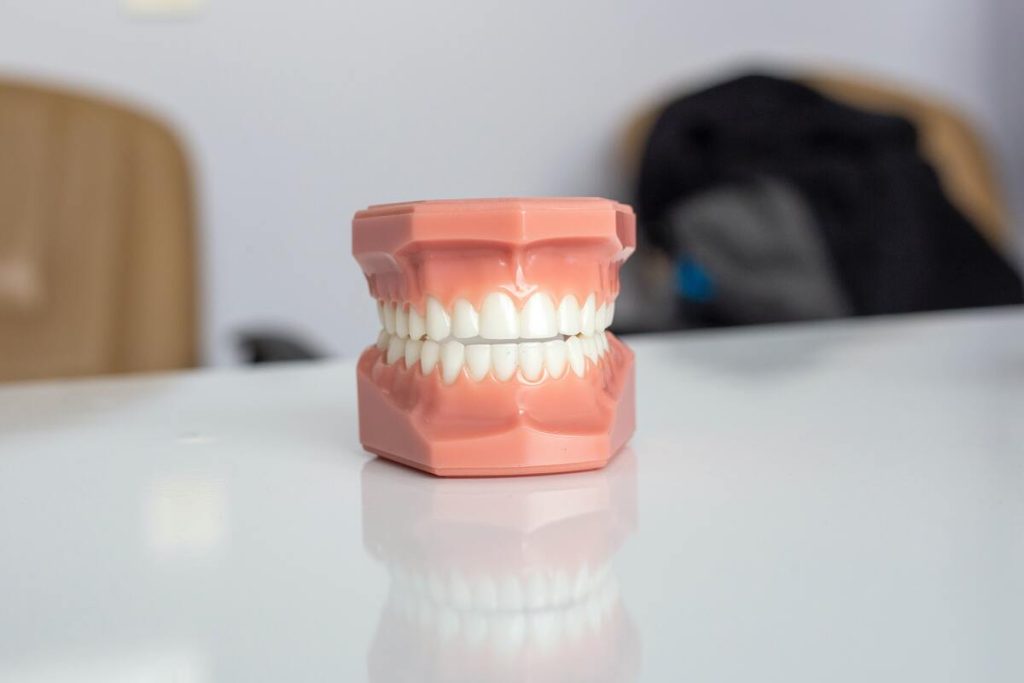When it comes to keeping your mouth healthy, one of the most insidious ailments to keep an eye out for is periodontal disease, also known as gingivitis or gum disease.
Usually caused by an excess of plaque in the mouth, gum disease can start with very minor symptoms that can escalate rather rapidly without the treatment of a dental team. If left for long enough, gum disease can cause irreversible damage to your gums and the tendons that hold your teeth in place, meaning you may lose teeth.
Luckily, gum disease rarely goes from zero to a hundred in a matter of weeks. In this article, a dentist Sydney breaks down 5 common signs of periodontal disease that should not be ignored.
Bleeding gums
Bleeding gums is one of the most common signs of an issue with inflammation within the gum tissue, but unfortunately, it is not a conclusive sign on its own. Bleeding gums can indicate incorrect brushing technique or even overly aggressive brushing, which means that when you brush your teeth, you may be spitting out blood. However, if you are using a soft-bristled toothbrush and gently removing plaque from your teeth only to find that there is still blood, you will need to visit your dental team to see whether gum disease is the underlying culprit.

Sore gums
Gums that bleed are often exceedingly sore as well, meaning that throughout the day when you eat or even talk, you will notice that your gums hurt. This pain can be due to overly aggressive brushing, but if it is accompanied by any of the other symptoms mentioned on this list, you will need to visit your dental team to assess what is causing the pain.
Wobbly teeth
Wobbly teeth are one of the later signs of untreated gum disease and indicate that the tendons and the gums are damaged. Luckily, your dental team will be able to treat gum disease at this stage, but depending on the severity of the damage to the tendons, they may or may not be able to save the tooth. If your dental team deems it suitable, they will likely splint the wobbly tooth to the nearest stable tooth to hold it in place.
Bad breath
Most people have had bad breath at one time or another, especially if they were dehydrated or ate overly flavoured food. But if you notice that your breath is still very poor after brushing your teeth and drinking water, you should attend a check-up to be assessed for gum disease. The reason for this halitosis is due to excess bacteria in your mouth, which can be removed using a scale-and-polish.
Swollen gums
Alongside gums being sore and bleeding when it comes to gum disease, they will often swell, meaning they may begin to grow over your teeth whilst also looking very red and inflamed. If you notice this, you should seek help from your dental team as soon as possible.
DISCLAIMER
Any surgical or invasive procedure carries risks. Before proceeding, you should seek a second opinion from an appropriately qualified health practitioner.
